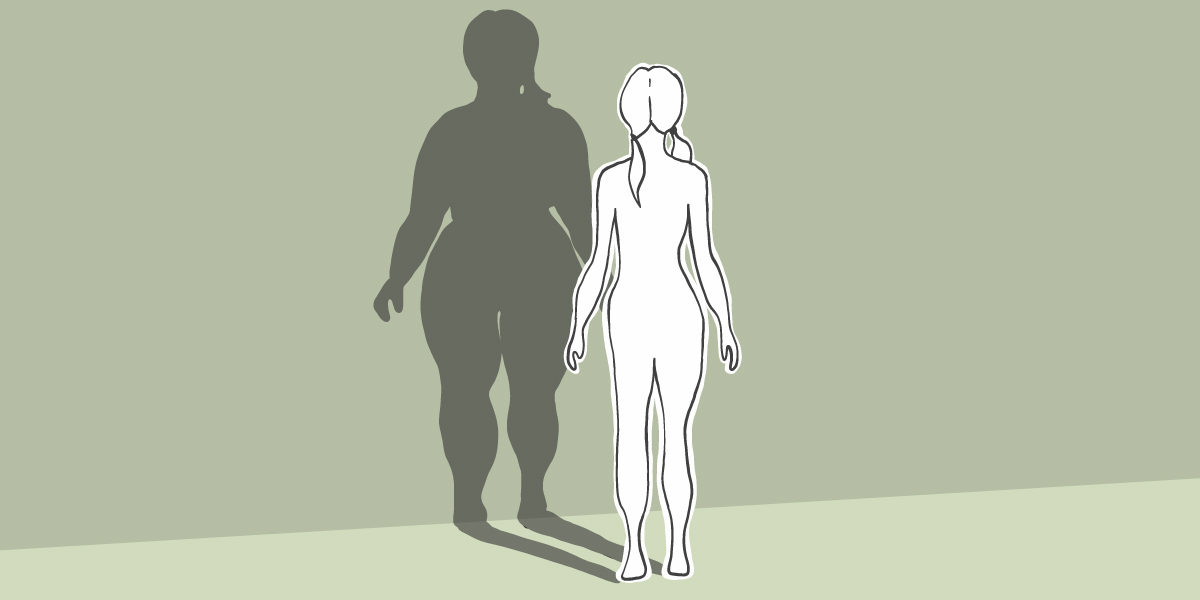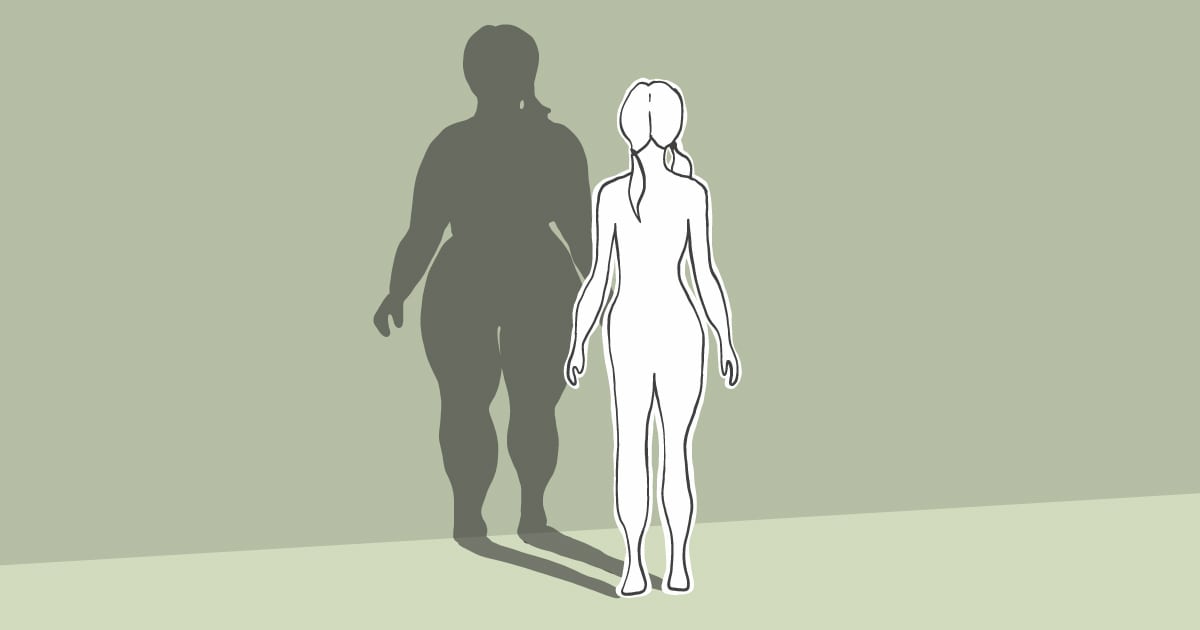Defining Body Image
The way you perceive your body and the way you assume others perceive you is the basic definition of body image. It involves your perception, imagination, emotions, and physical sensations of and about our bodies. It is psychological in nature and much more influenced by self-esteem than actual physical attractiveness as judged by others. This is not something you are born with, but something you learn from family, peers, and media, which are reinforced by cultural expectations.
Self-Esteem and Body Image
Self-esteem (i.e. self-confidence, self-respect, self-worth, etc.) reflects your overall appraisal of who you are. Today, research supports that low self-esteem can lead to compromised health behaviors, substance use, sexual promiscuity, disordered eating, and suicidal ideation. These factors are reinforced by attitudes and stereotypes exposed through media and beauty ideals that position appearance and physical attractiveness as a primary value in people.
Body Dissatisfaction
The American Psychology Association (APA) has long recognized the connection between psychological wellbeing and behaviors and the influence of mainstream media. Extremely negative body image can often lead you to feel bad about yourself and disrupt your daily performance. You may find it difficult to accept the way you look, experience shame, disgust or discomfort in relation to your appearance. Body dissatisfaction is associated with eating disorders, anxiety, self-devaluation, depression, feelings of hopelessness, isolation, and inappropriate sexual conduct.
If you find yourself preoccupied with what you feel to be bodily flaws, or if you depend on other’s perceptions of you to determine the outcome of your own internal satisfaction, then you may be experiencing body dissatisfaction.
The Epidemic of Body Dissatisfaction
In the society we live in today, the glorification of exceeding thinness as a mark of beauty is clear. Our culture promotes unrealistic body ideals, thus setting a comparison trap. Excessive exposure to the sexual objectification of women has negative, long-lasting effects on those with distorted attitudes and low self-esteem. Preoccupation with body shape and weight are becoming a normative discontent among our population—so much so that it can be considered an epidemic.
Find tips for cultivating positive body image in the 2nd piece of this series by clicking the button below:
Cultivating Positive Body Image PT. 2









